From Amtrak to Adidas: big companies that have received government bailouts
Firms requesting state aid to cope with the COVID-19 fallout
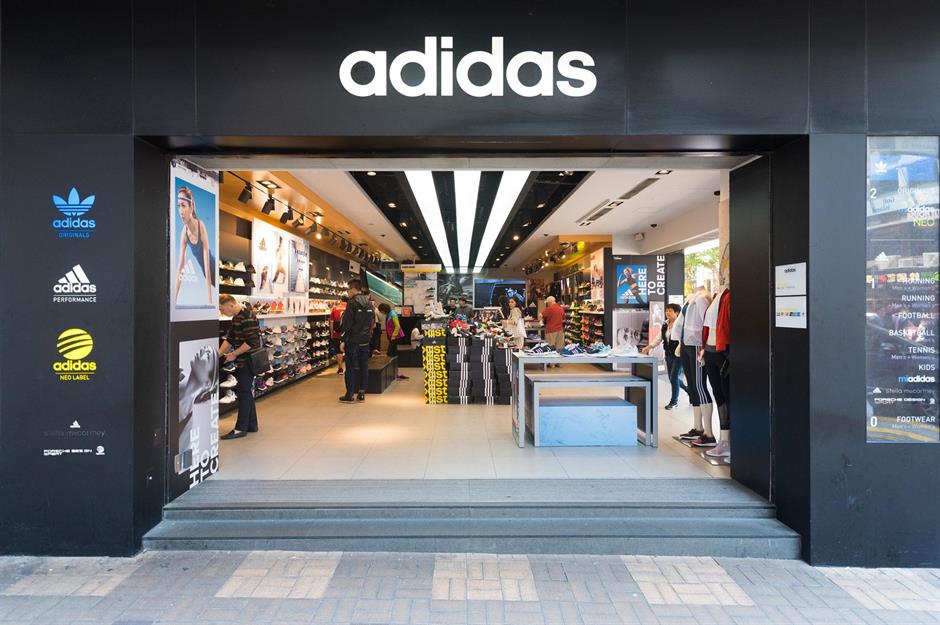
British Airways: $375 million (£300m)
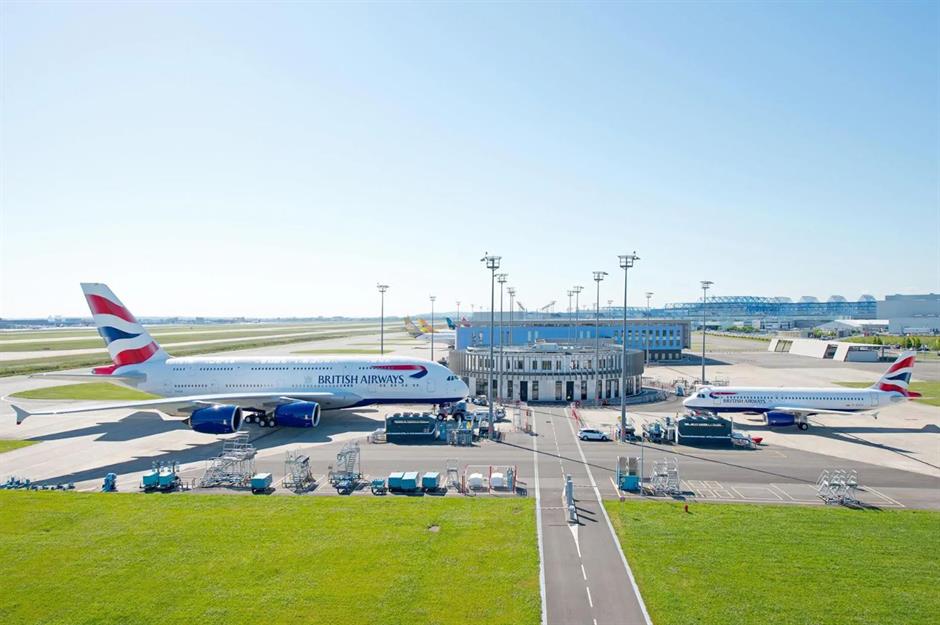
InterContinental Hotels Group: $746 million (£600m)
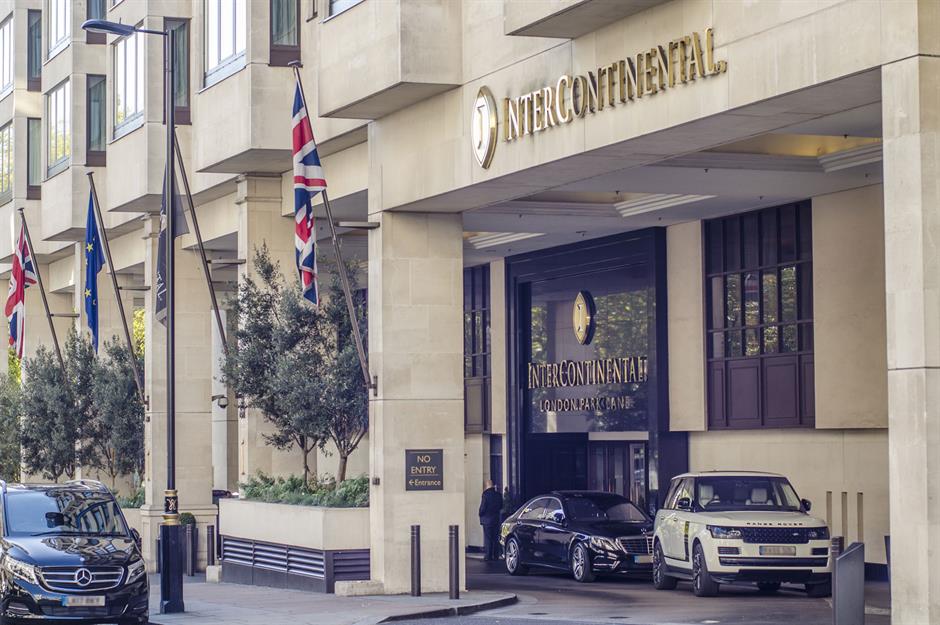
America's InterContinental Hotels Group has received £600 million ($746m) from the British government via its CCFF scheme. The Group runs the Holiday Inn and Crowne Plaza chains in the UK, but its primary operations are elsewhere. Across the Atlantic, the US hotel industry as a whole has requested a $250 billion (£202bn) bailout, while hospitality firms have no doubt benefited from the Paycheck Protection Program (PPP), but the US government is yet to disclose a full list of recipients.
Sponsored Content
CNH Industrial: $746 million (£600m)
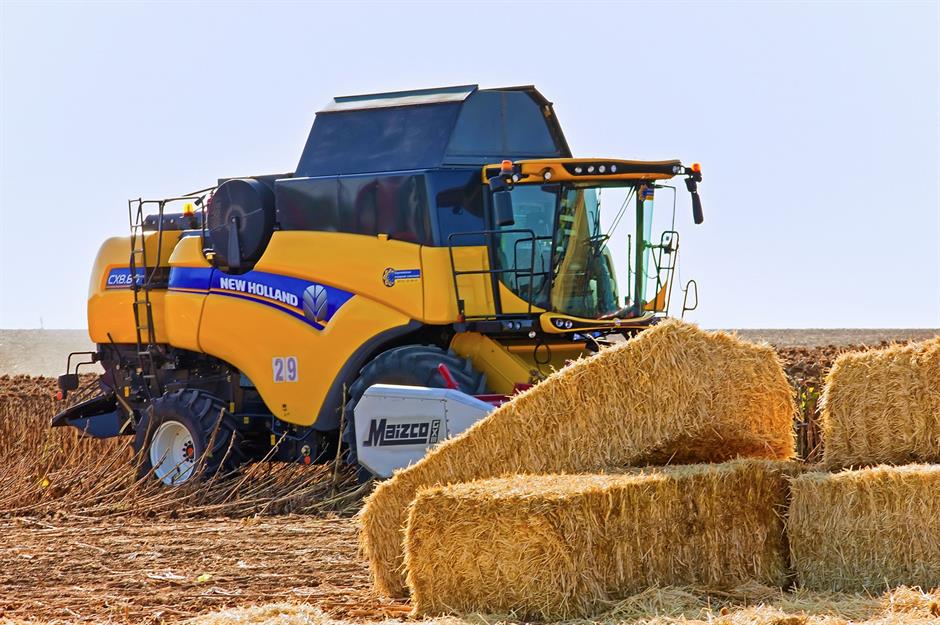
This Italian-US-Dutch manufacturer of agricultural machinery is tax-domiciled in the UK and operates a major plant in Basildon in the south of England, which is the sole volume tractor factory in the country and an important exporter. The company has drawn £600 million ($746m) from the UK government's CCFF. In order to participate in the scheme, firms are encouraged to suspend dividend payments, refrain from buying back shares and freeze executive pay.
easyJet: $746 million (£600m)
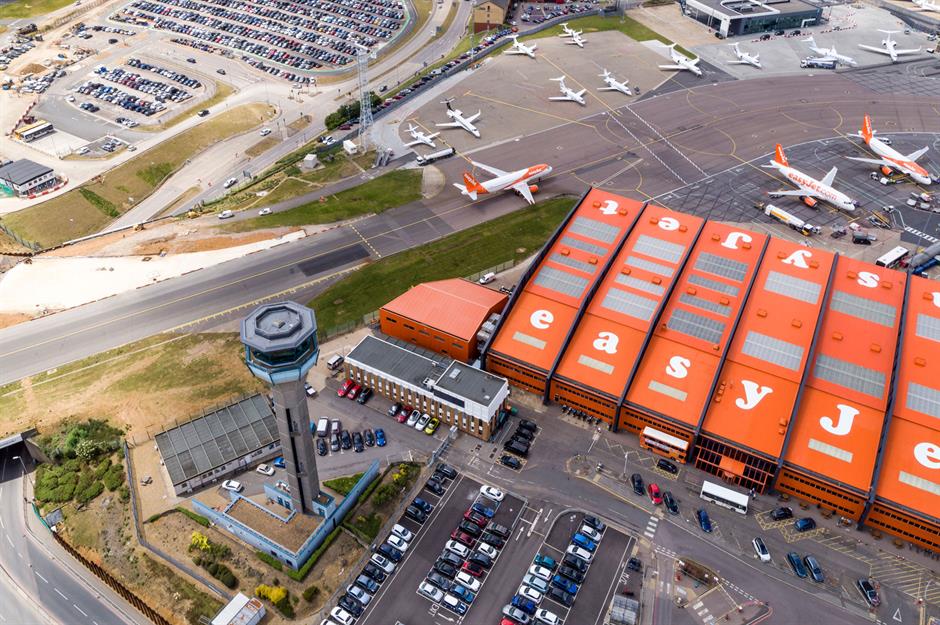
The airline industry is one of the most affected by the COVID-19 pandemic, so it stands to reason companies in the sector are in line for bumper bailouts. UK-based low-cost airline easyJet has tapped the British government's CCFF scheme for £600 million ($746m). Nevertheless, it's still planning to lay off 30% of its 15,000-strong workforce.
Now read about the major companies making the most lay-offs in the pandemic
Ryanair: $746 million (£600m)
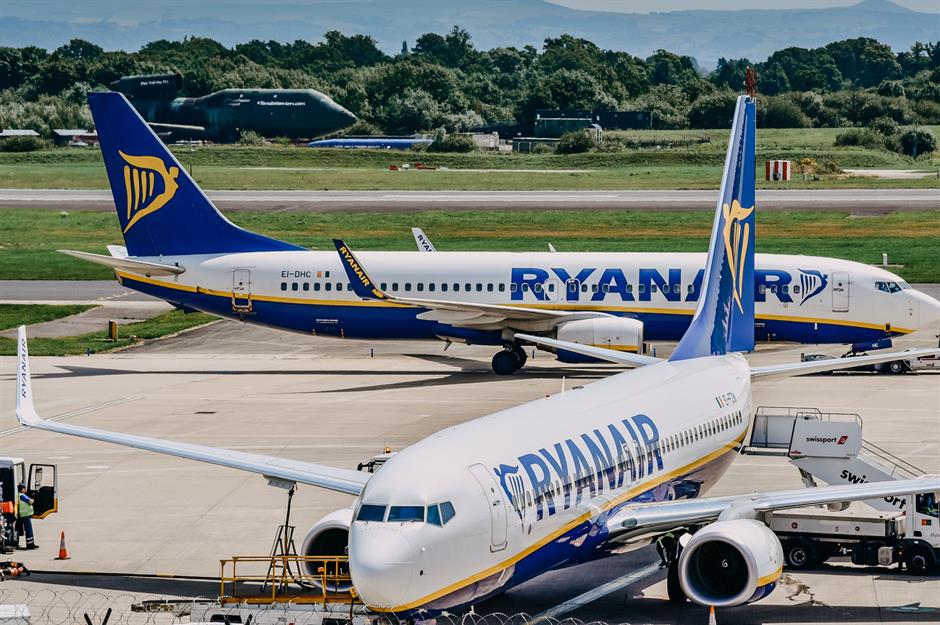
Ryanair is also letting go of employees. The Dublin-based budget airline is slashing pay and axing 3,000 jobs, 15% of its workforce, in order to survive the next year, despite bagging £600 million ($746m) from the UK's CCFF scheme, which was partly created to save jobs. That said Ryanair boss Michael O'Leary cut his own pay by 50% from April until March 2021. The airline is also tapping into its own strong cash reserves of €4 billion ($4.6bn/£3.7bn) to see out the crisis.
Sponsored Content
Compass Group: $746 million (£600m)
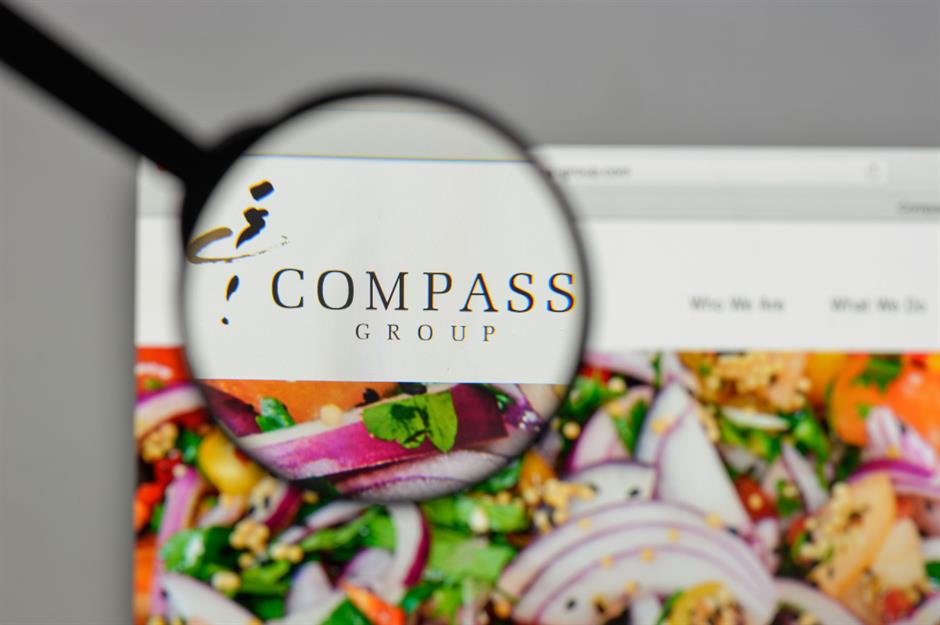
The world's largest catering company, Britain's Compass Group has seen its revenues slump during the coronavirus pandemic with profits down at least £225 million ($279m) for the first half of 2020. Fortunately, the UK government has come to the rescue with the group receiving £600 million ($746m) in bailout funds.
Chanel: $746 million (£600m)
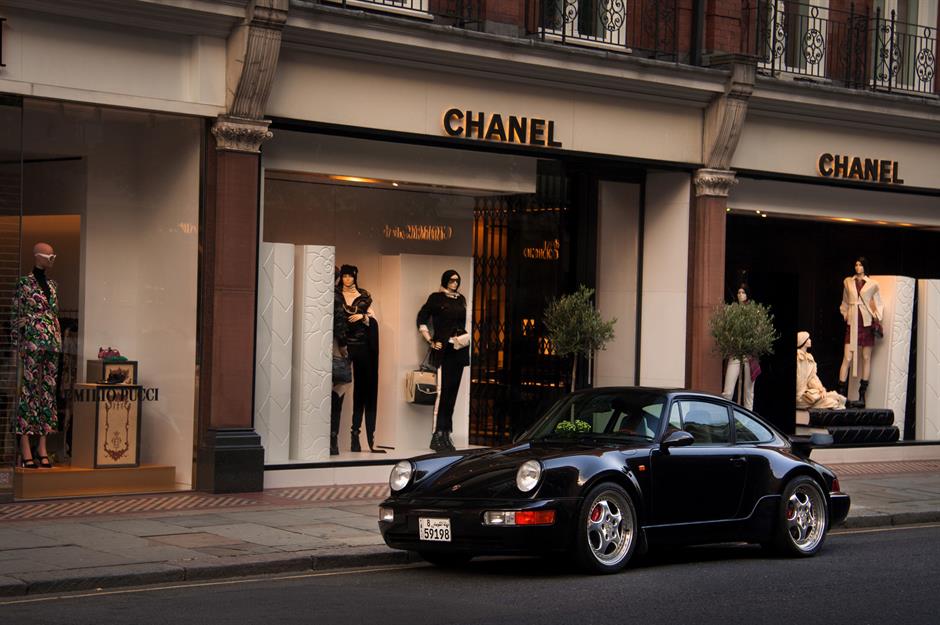
UK taxpayers may not be overly thrilled to discover they are propping up a luxury French fashion house whose parent company is based in the Cayman Islands and benefits from the tax haven's policies, but Chanel's global HQ is actually in London. In addition to other coronavirus-fighting methods that include hiking up prices on some of its products, the company has also received £600 million ($746m) through the UK's CCFF scheme.
Baker Hughes: $746 million (£600m)
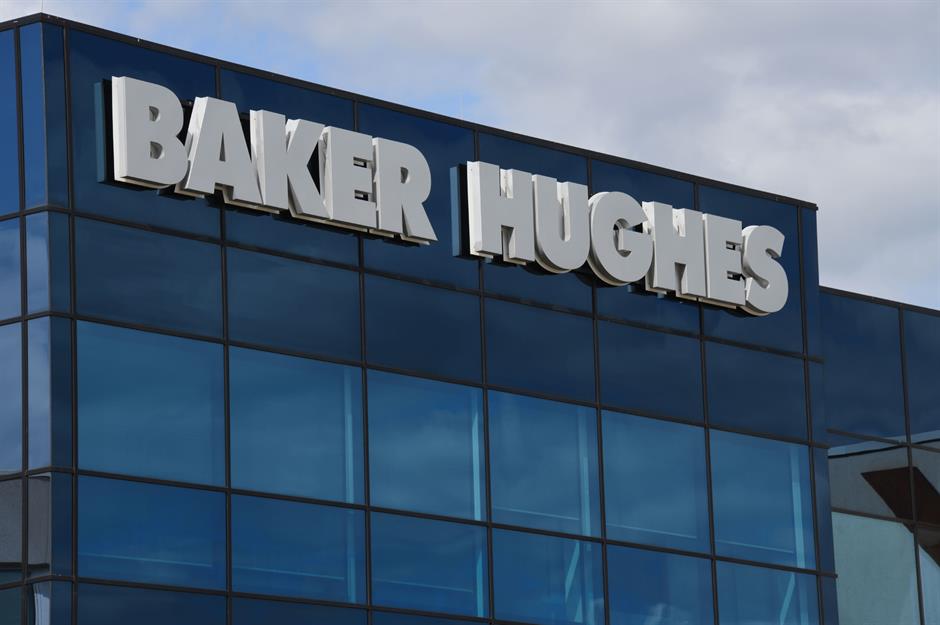
The UK government has also provided one of America's largest oil and gas services companies with financial assistance of £600 million ($746m), yet Baker Hughes has a fairly strong UK presence with 1,600 employees in London and Aberdeen. The firm is pursuing an aggressive $1.8 billion (£1.5bn) restructuring programme to mitigate the effects of the pandemic.
Sponsored Content
JCB: $746 million (£600m)
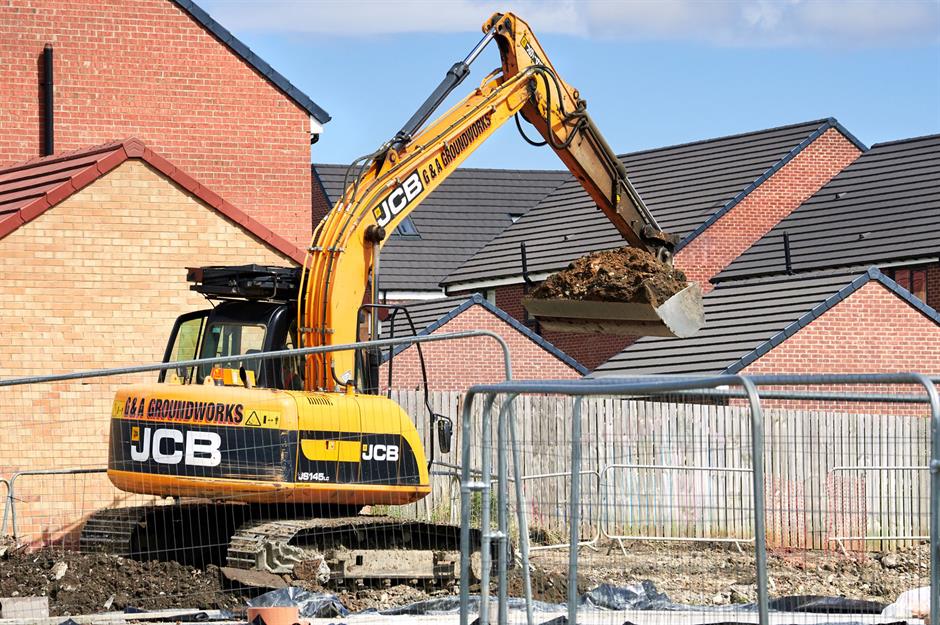
British construction equipment maker JCB has been awarded £600 million ($746m) via the CCFF. The bailout has, like many in our round-up, attracted criticism. JCB's parent company is actually based in the Netherlands, benefiting from more favourable tax rules, while its owners, the Bamford family, are worth some $3.9 billion (£3.1bn).
Bayer: $746 million (£600m)
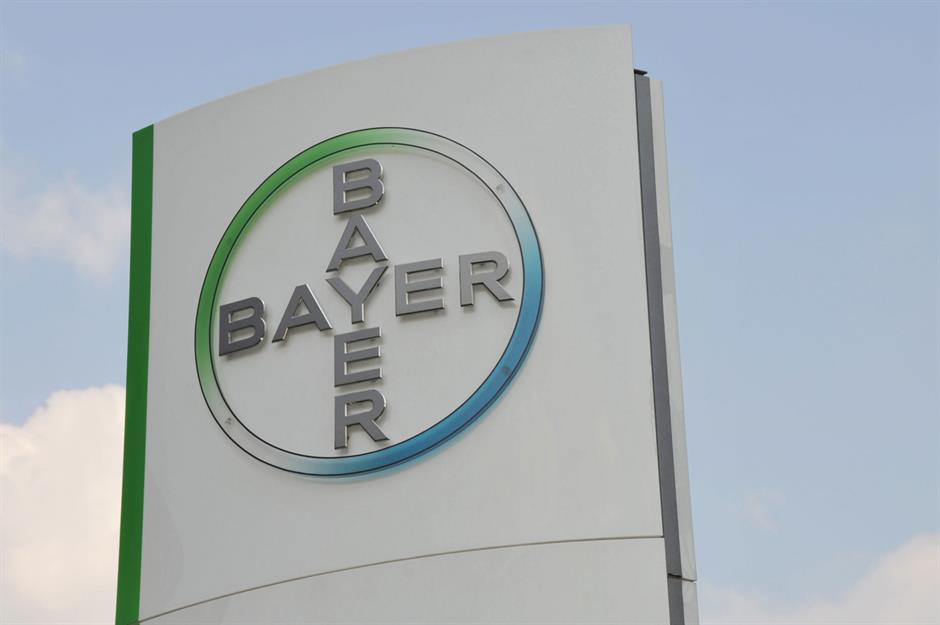
German pharmaceuticals and pesticides giant Bayer counts a total of 2,000 employees in the UK working from 11 locations up and down the nation, which goes some way towards justifying the company's £600 million ($746m) CCFF bailout, though the fact it is not changing its dividend to shareholders is raising more than a few eyebrows. The company has been generous in the fight against COVID-19 however, donating large quantities of chloroquine to countries including China, the US and Italy, as they seek a treatment or a vaccine for coronavirus. Bayer has said that if chloroquine is found to be beneficial as a treatment it would supply it to governments for free.
Iberia: $844 million (£679m)
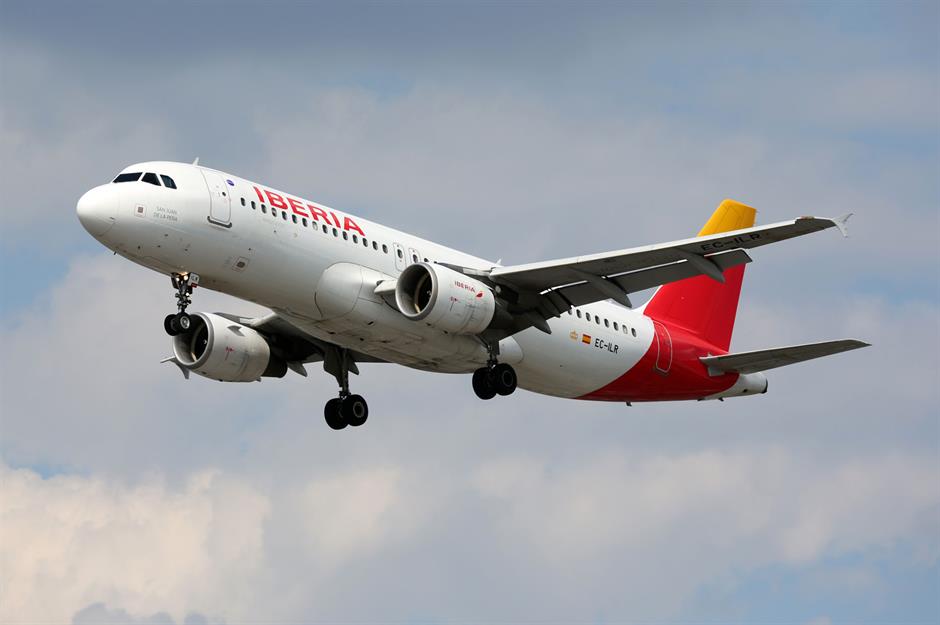
The Spanish state has also been dishing out the bailouts of late. Iberia, the country's flagship airline, has landed COVID-19 funding totalling €750 million ($844m/£679m) to stave off collapse and save jobs. Its low-cost sister airline Vueling has also taken advantage of the Spanish government's scheme, receiving €260 million ($292m/£235m).
Sponsored Content
Amtrak: $1 billion (£800m)
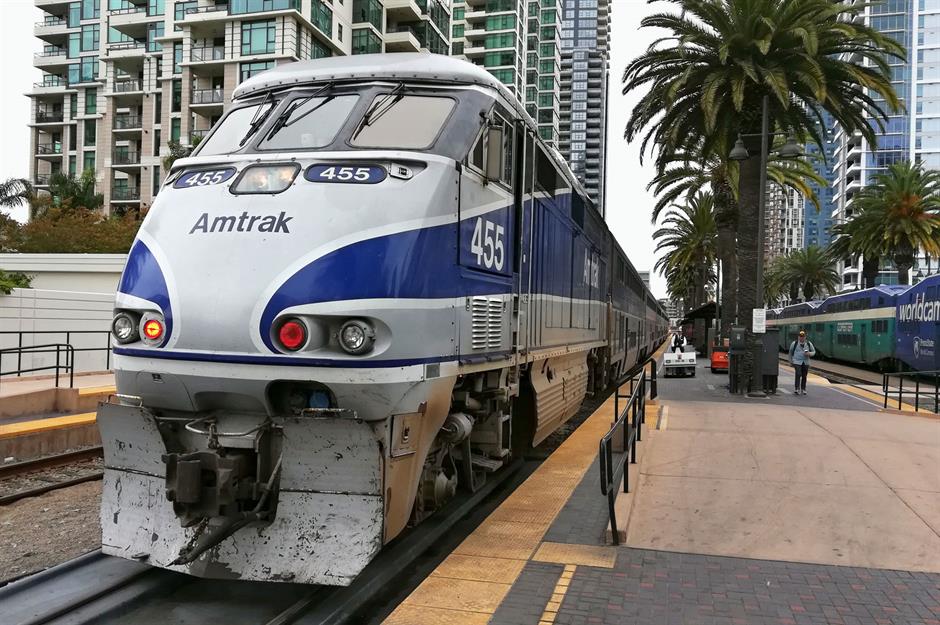
BASF: $1.2 billion (£1bn)
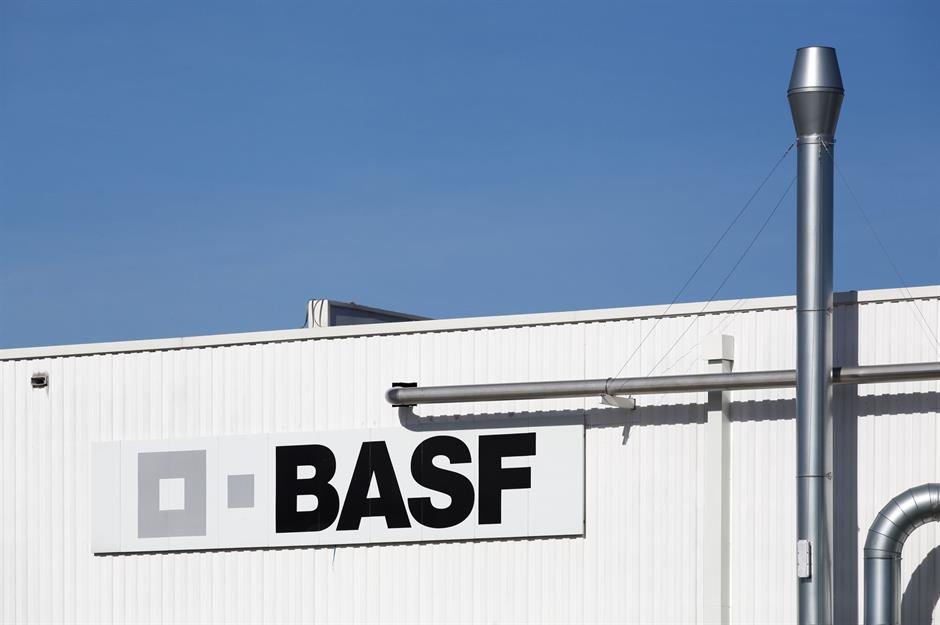
Incredibly, the biggest bailout under the UK CCFF scheme has gone to Germany's BASF, which has so far declined to ask for help from the German state. The world's largest chemicals company employs just 850 in Britain but has managed to snag £1 billion ($1.2bn). Like Bayer, it has also promised shareholders generous dividends.
Aeroflot: $1.2 billion (£1bn)
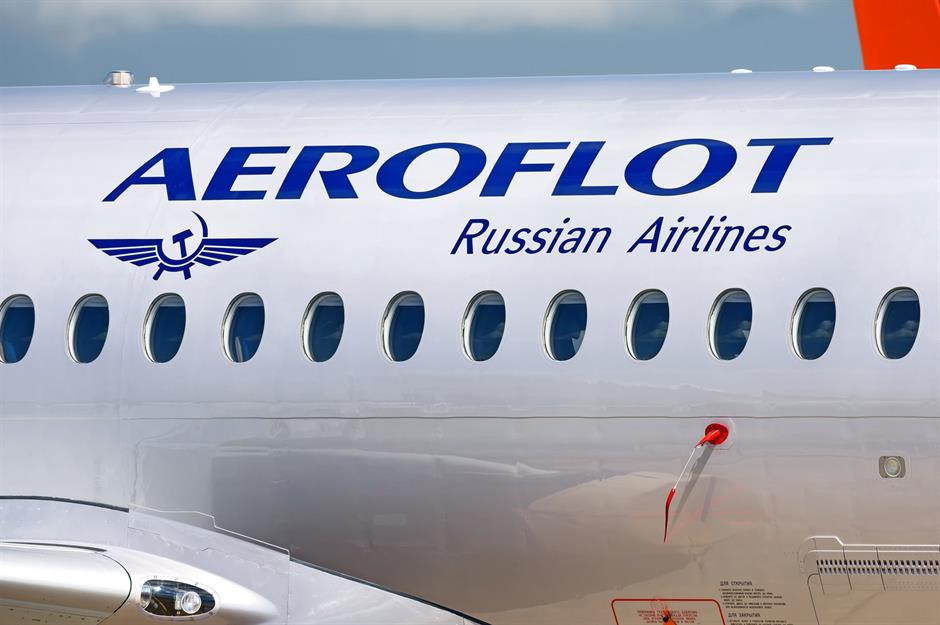
Several governments are offering companies bailout funds in exchange for equity. Russia's national airline, for instance, has been the recipient of around $1.2 billion (£1bn) in Kremlin aid with the government and state bank VTB buying up shares in the firm to shore it up and insulate the airline from further coronavirus-related damage. The Russian state already owned 51.2% of the company prior to this deal.
Sponsored Content
Doosan Heavy Industries: $2 billion (£1.6bn)
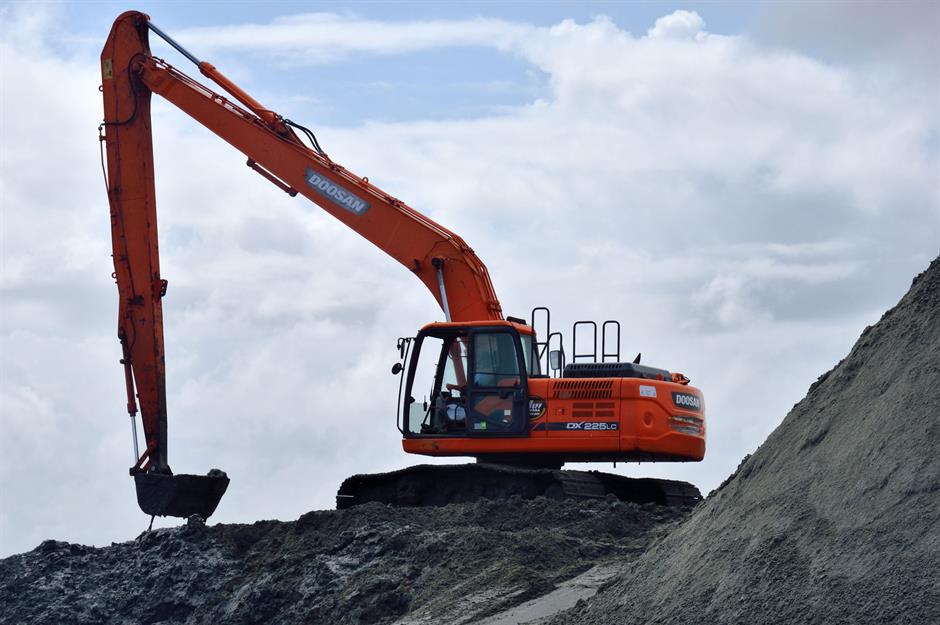
KLM: $2.3-$4.5 billion (£1.8-£3.6bn)
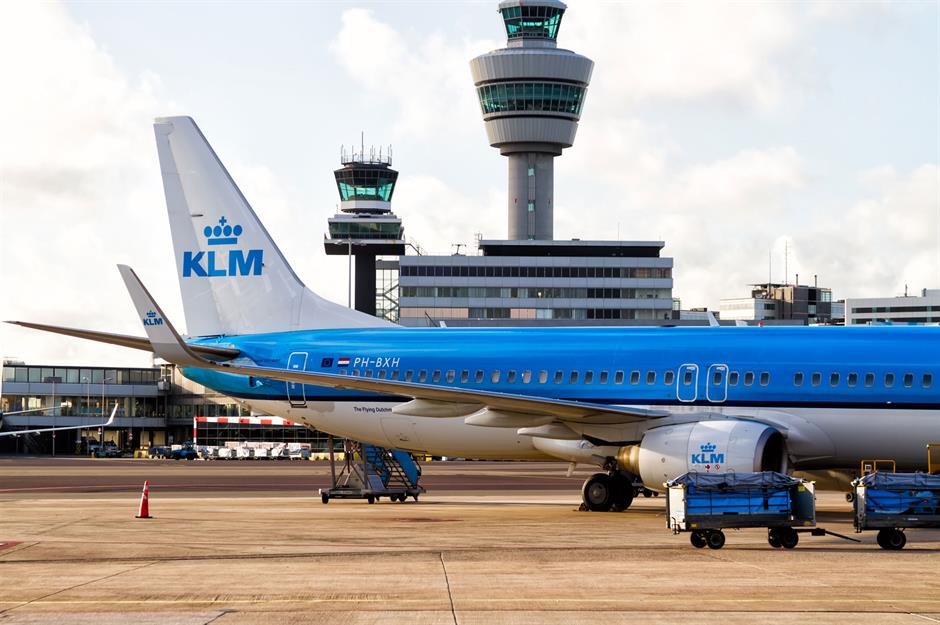
The government of the Netherlands has been open-handed with companies having a hard time coping with COVID-19. The powers that be are in the process of finalising a bailout package of between €2-4 billion ($2.3-4.5bn/£1.8-3.6bn) for national airline KLM, which is a subsidiary of Air France-KLM.
Adidas: $2.7 billion (£2.2bn)
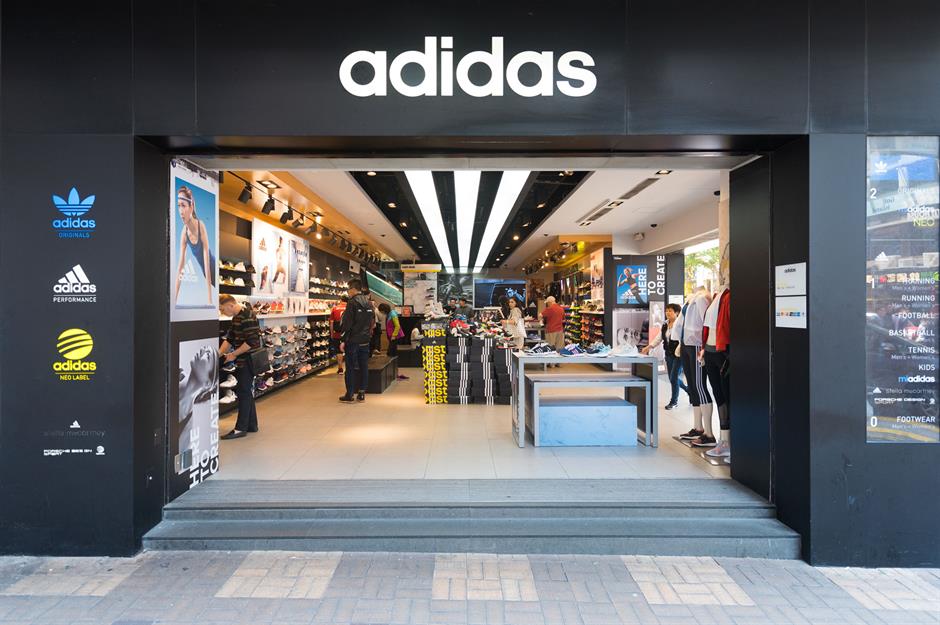
The German government is digging deep too. Sportswear behemoth Adidas is one of many homegrown firms that have been lavished with enormous bailouts, with the firm securing a €2.4 billion ($2.7bn/£2.2bn) loan from the state. However, Adidas wasn't happy about suspending its dividend payments – one of the key conditions of the bailout – and is currently seeking alternative options.
Sponsored Content
Southwest Airlines: $3.2 billion (£2.6bn)
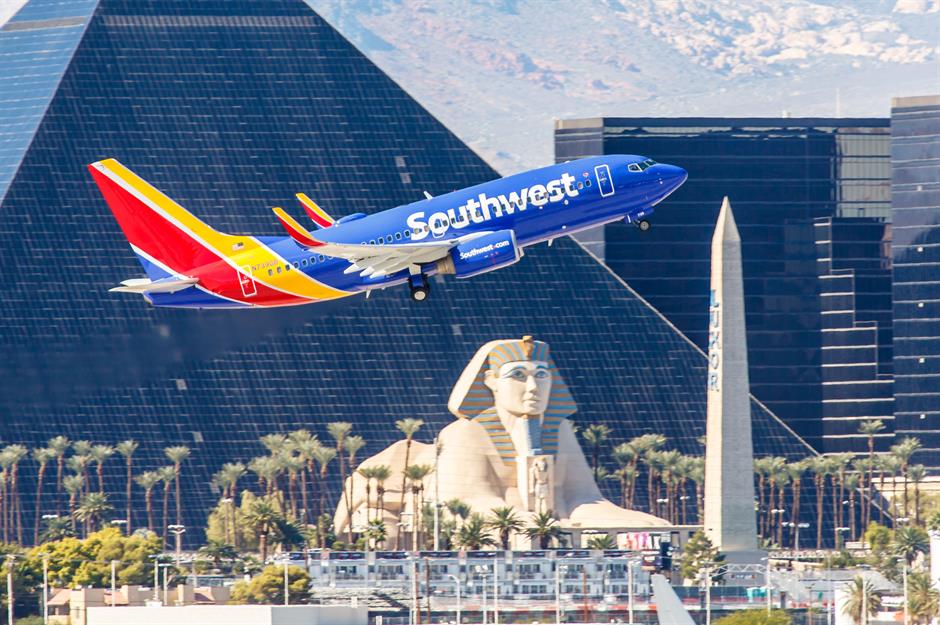
The US government has thrown a $25 billion (£20.1bn) lifeline to the country's airline industry as part of the multitrillion-dollar Coronavirus Aid, Relief, and Economic Security (CARES) Act. Southwest Airlines is one of the key recipients of the package, with $2.3 billion (£1.8bn) in payroll support and nearly $1 billion (£800m) as a low-interest 10-year loan. Conditions-wise, the airline will have to promise not to lay off staff until 30 September, commit to pay back 30% and offer the government stock warrants on a proportion of the funds.
Alitalia: $3.4 billion (£2.7bn)
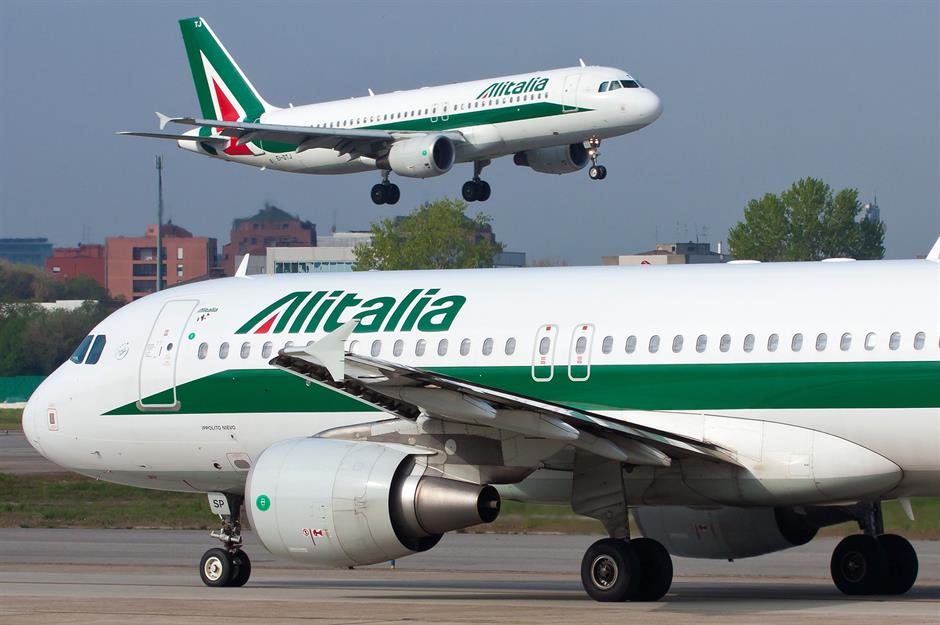
Italian airline Alitalia was in serious financial trouble before the coronavirus pandemic hit, and could very well have been finished off for good because of COVID-19 were it not for a €3 billion ($3.4bn/£2.7bn) cash injection from the Italian government. However, in doing so the government broke the promise it made back in January to stop propping up the airline. As a result, the carrier is now under state ownership.
Cathay Pacific: $3.5 billion (£2.8bn)
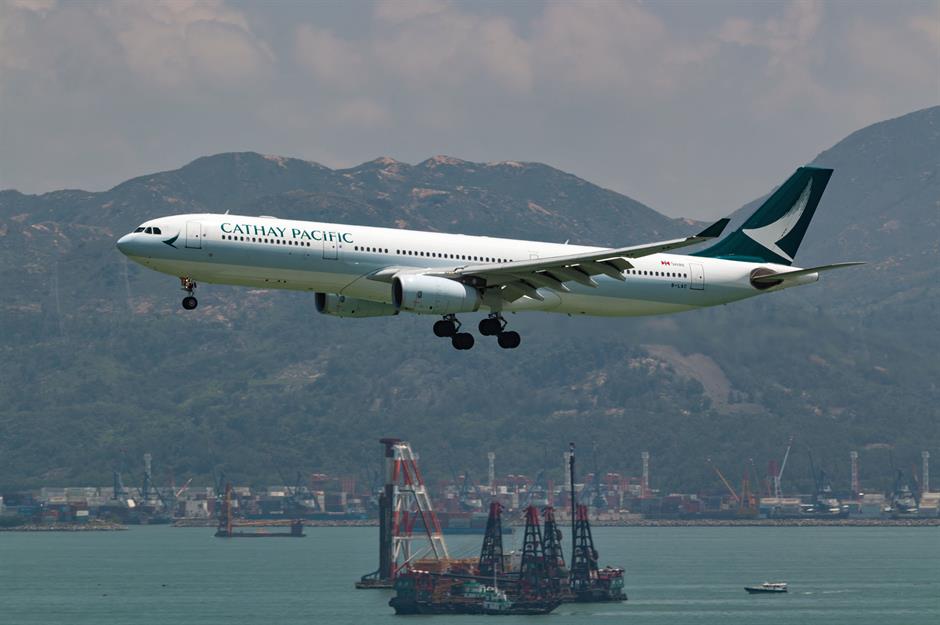
The Hong Kong government's biggest bailout has gone to Cathay Pacific, the special administrative region's number one airline, which is considered vital for the Hong Kong economy. The bailout of HK$27.3 billion (US$3.5bn/£2.8bn) comprises a share-buying deal and bridging loan, and could see the government take a 6% stake in the company.
Sponsored Content
TUI: $4 billion (£3.2bn)
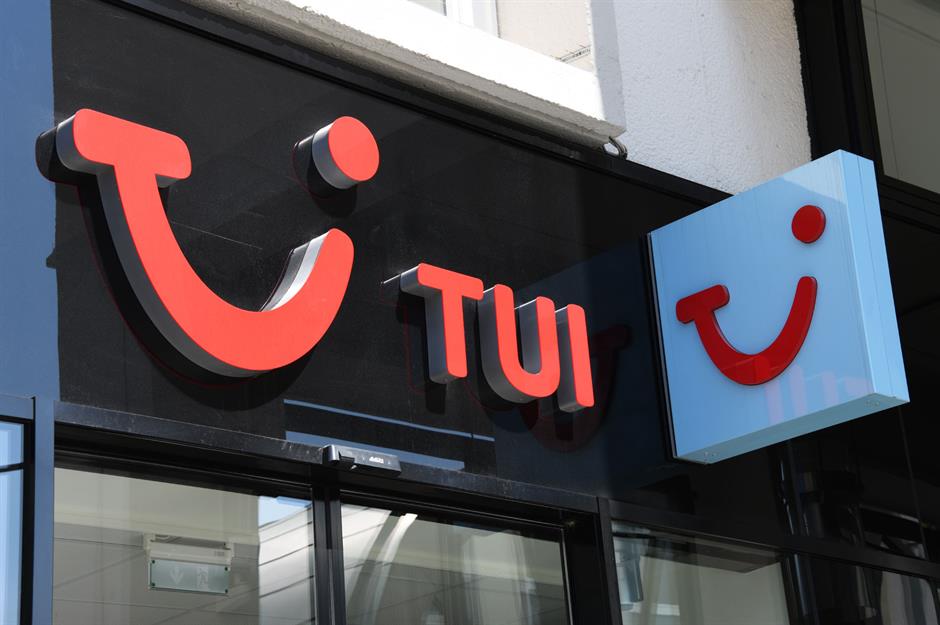
A major player in the beleaguered global travel industry, British-German tour operator TUI has been on the receiving end of two large bailouts from Germany's state-owned lender KfW. Agreed in March, the first loan of €1.75 billion ($2bn/£1.6bn) was followed by another in May, taking the grand total to €3.55 billion ($4bn/£3.2bn). However, the firm is still shedding 8,000 jobs to survive.
HCA Healthcare: $4.7 billion (£3.8bn)
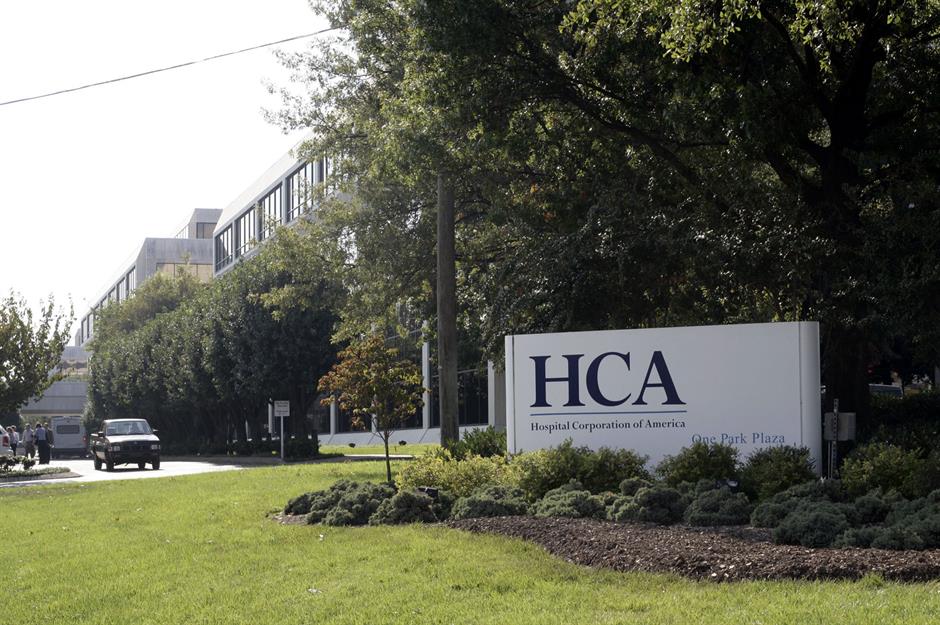
The US government's $1 billion (£800m) bailout of Nashville-headquartered hospital group HCA Healthcare has ruffled feathers given the company is one of the richest of its kind in the world. All in all, US hospital chains have received more than $15 billion (£12.1bn) thanks to the government's $2.2 trillion (£1.8tn) CARES Act. HCA is also receiving $4 billion (£3.2bn) in accelerated Medicare payments, which it will have to repay over eight months, starting from August. This takes the total funding HCA is receiving to $4.7 billion (£3.8bn). Despite all this help, however, one in 10 employees is set to be laid off.
United Airlines: $5 billion (£4bn)
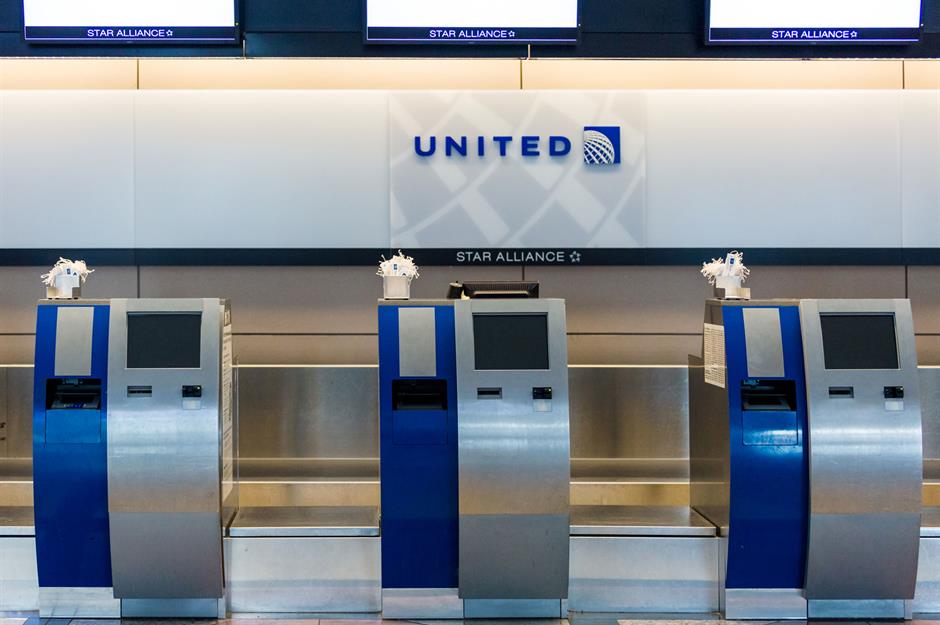
Sponsored Content
Delta Air Lines: $5.4 billion (£4.3bn)
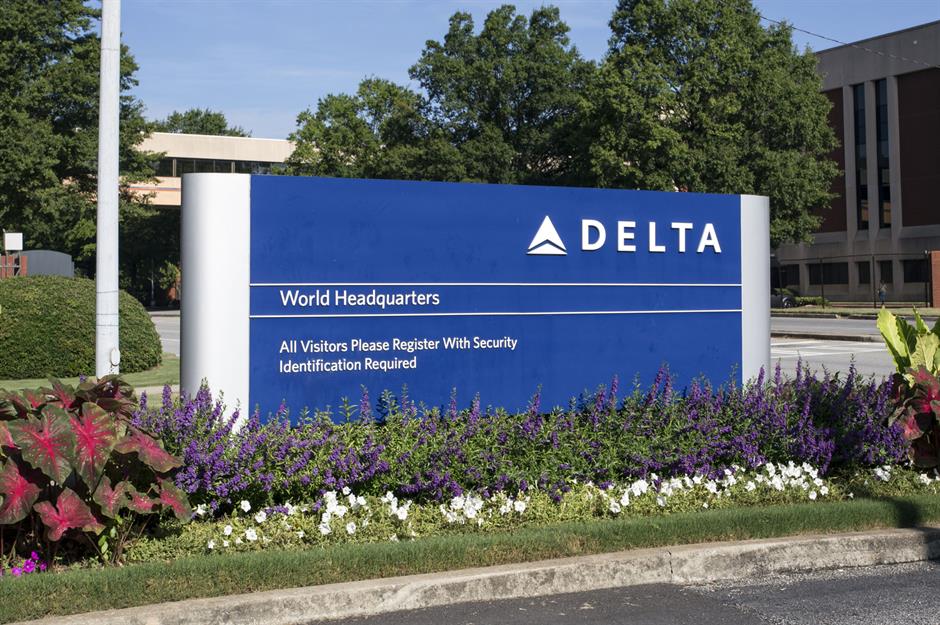
Renault: $5.6 billion (£4.5bn)
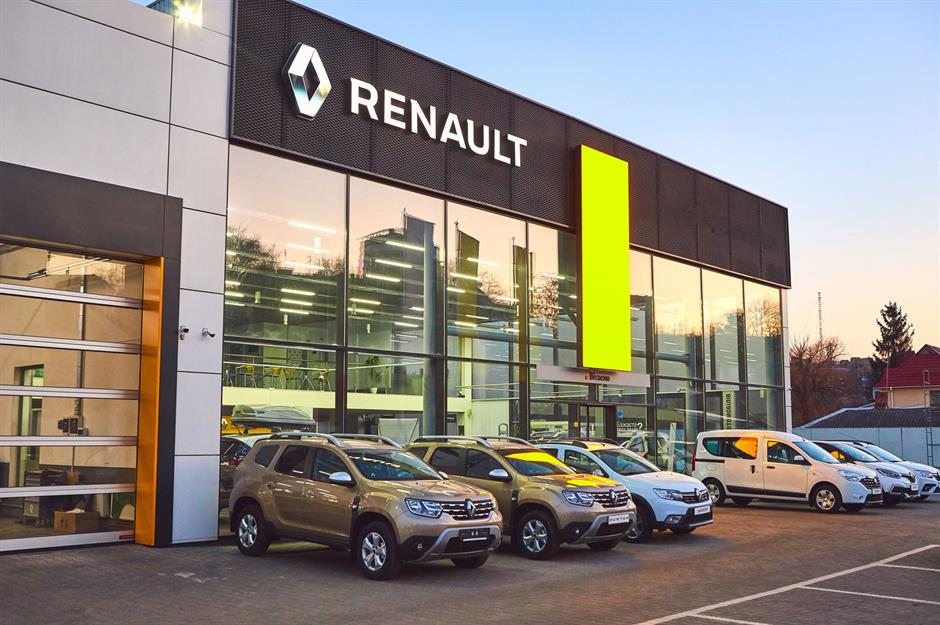
The French government's €5 billion ($5.6bn/£4.5bn) bailout of Renault was green-lit by the EU in April as part of the state's multibillion-euro auto industry bailout. The money has several conditions attached including a commitment from companies to increase production of electric vehicles and base hi-tech activities in France. The government is also refusing to bail out firms linked to offshore tax havens. Despite the boost, at the end of May Renault announced plans to shed 15,000 jobs, of which 4,000 will be in France, by 2024.
Fiat Chrysler Automobiles: $7.1 billion (£5.7bn)
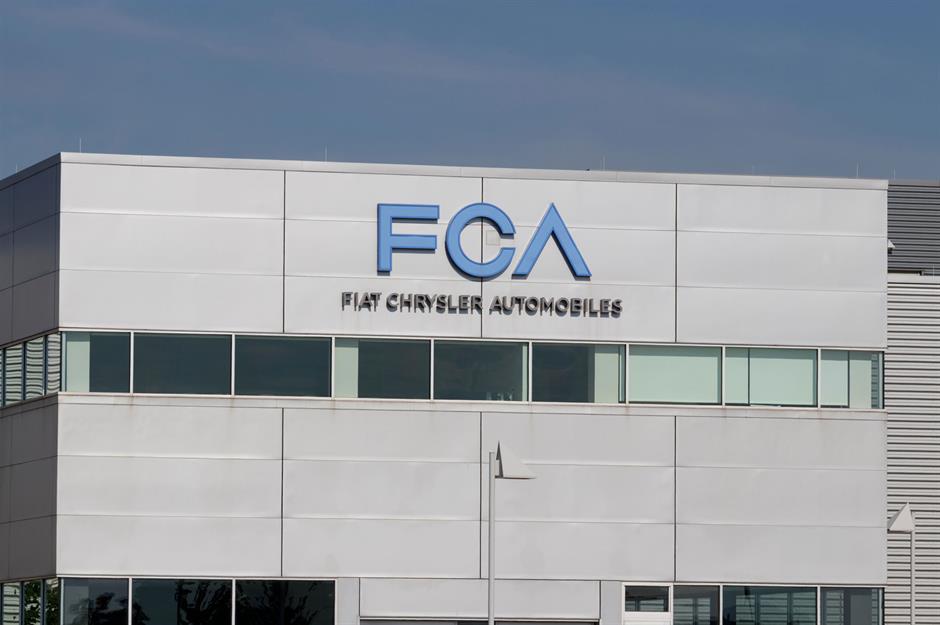
Fiat Chrysler is poised to receive Europe's biggest automaker bailout with Italy's government set to approve €6.3 billion ($7.1bn/£5.7bn) emergency funding for the Italian-American company. As well as boosting Fiat Chrysler, the bailout will also provide support to 10,000 small- and medium-sized businesses in the country's auto supply chain.
Sponsored Content
Air France $7.9 billion (£6.4bn)
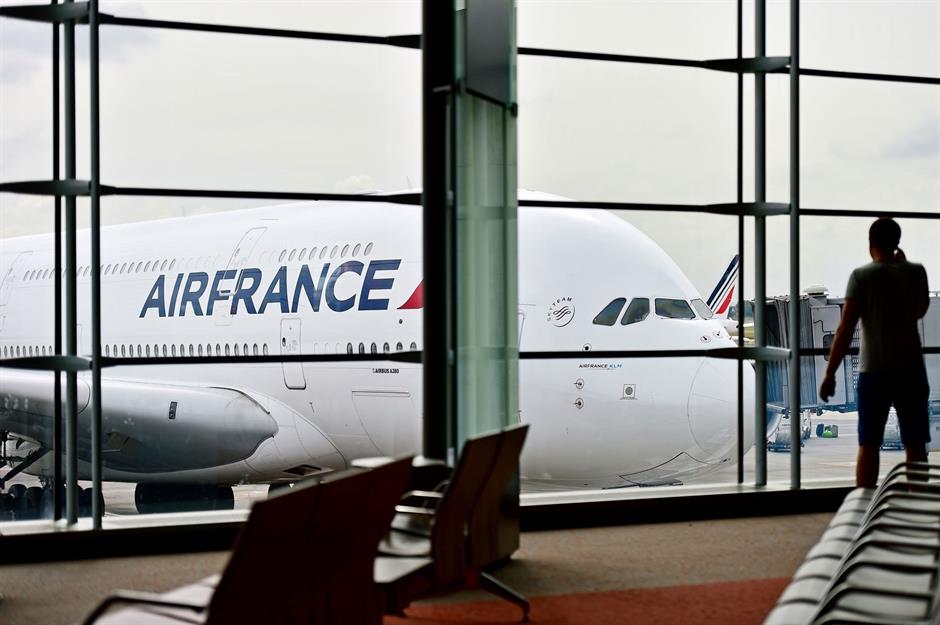
Air France is one of two recipients of France's €15 billion ($16.9bn/£13.6bn) aerospace industry bailout. The national airline has been allocated €7 billion ($7.9bn/£6.4bn) on the condition it halves overall emissions from domestic flights by 2024, source 2% of its fuel sustainably by 2025 and reduce carbon intensity by 2030.
Airbus: $9 billion (£8bn)
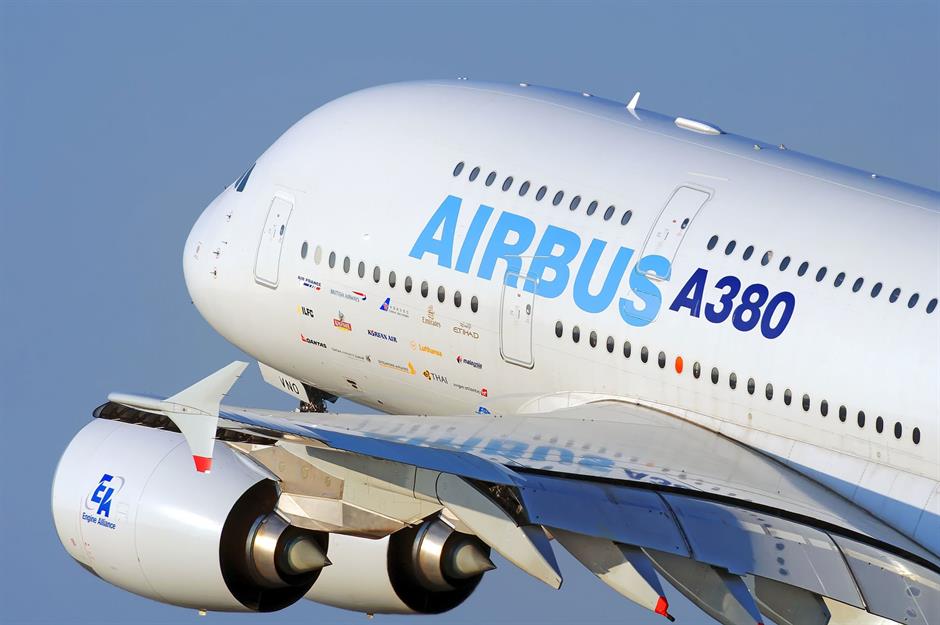
The world's largest airline manufacturer is receiving the remaining €8 billion ($9bn/£8bn) from the French government's aerospace industry war chest. Its arch American rival Boeing has so far avoided tapping the state for money, but has received a bailout indirectly thanks to the US government's bolstering of credit markets, which has allowed Boeing to raise $25 billion (£20.1bn) from investors.
Lufthansa: $10.1 billion (£8.2bn)
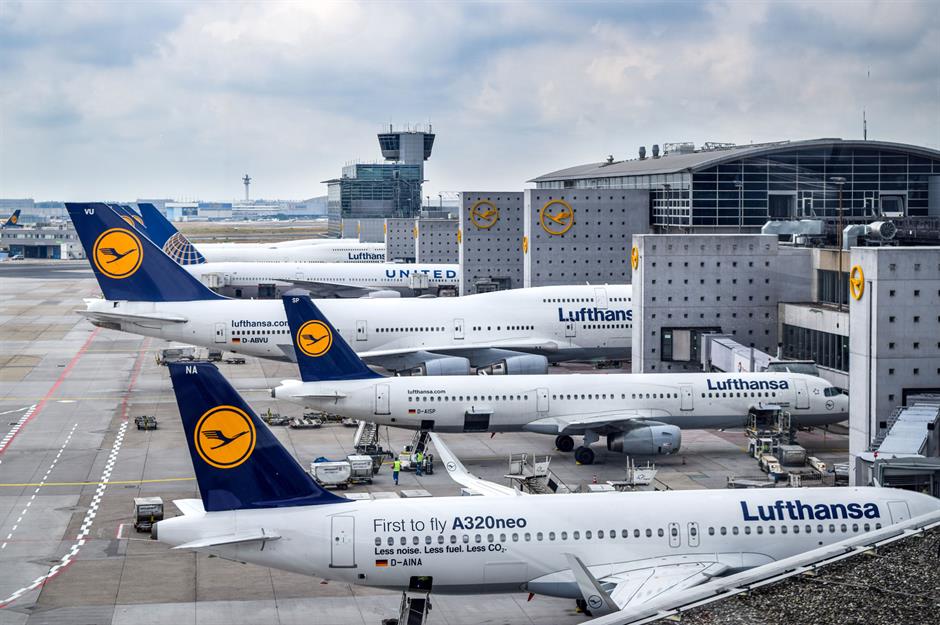
Lufthansa is on the verge of securing a massive €9 billion ($10.1bn/£8.2bn) from the German government, which would make the bailout Europe's biggest for an individual company. But the deal has a litany of conditions attached, including ceding landing and take-off rights to competitors at its Frankfurt and Munich hubs, and giving the German government a 20% stake in the business.
Sponsored Content
American Airlines: $10.55 billion (£8.5bn)
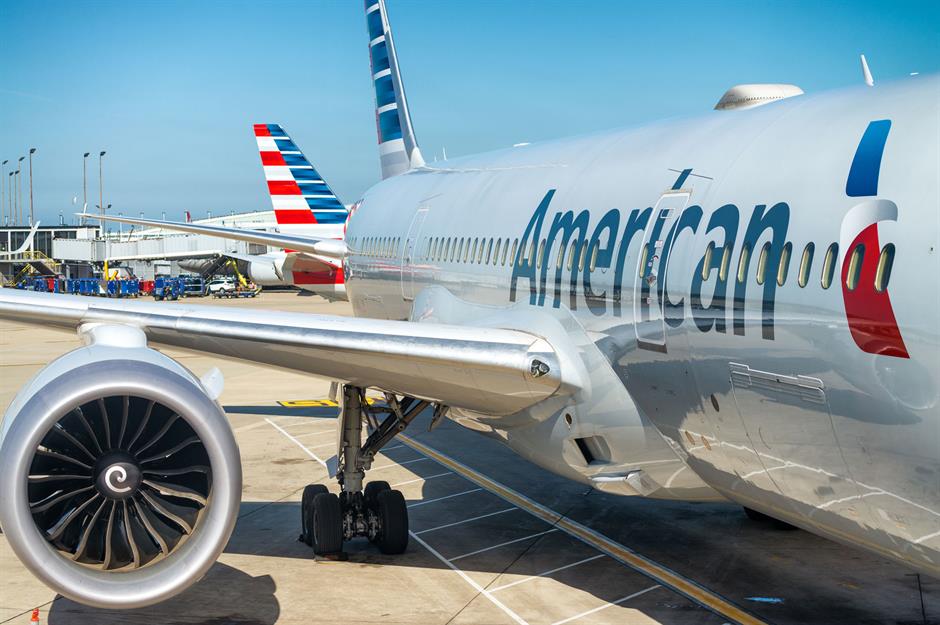
Having already been allotted $5.8 billion (£4.7bn) in emergency funding by the US government, American Airlines has also applied for an additional $4.75 billion (£3.8bn) in loans to get it through the crisis. If the second bailout is agreed, the Texas-headquartered company will be the recipient of the US government's most generous individual package.
Now discover how coronavirus has impacted countries' economies
Comments
Be the first to comment
Do you want to comment on this article? You need to be signed in for this feature